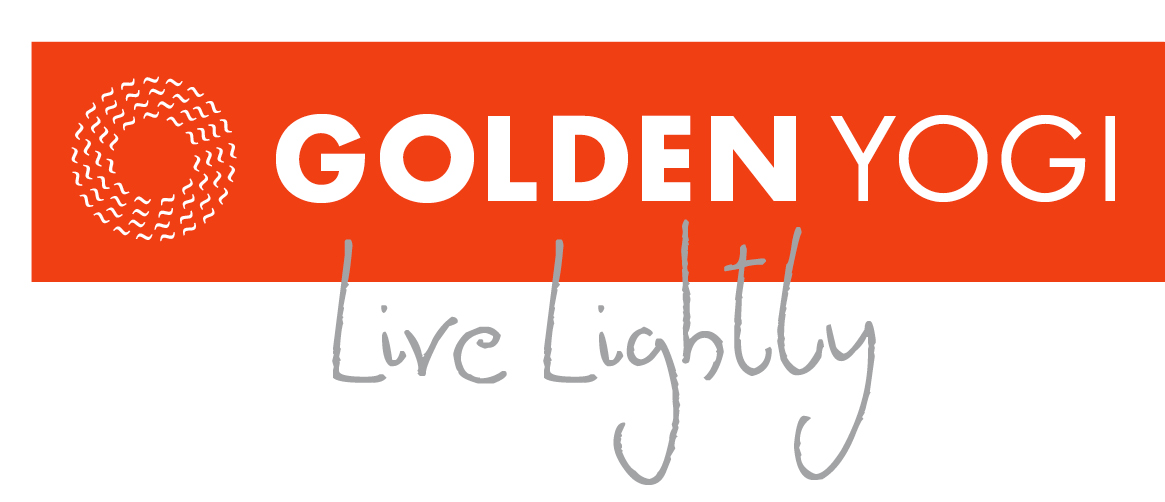6 tips for a strong immune system
Health is on everyone's minds these days, and the nagging worry about how the coronavirus would affect us individually, should we be unfortunate enough to contract it. The question of how to boost one's immune system is understandably a popular one, but as dietitian Cara Rosenbloom explains in the Washington Post, it's not really what you want:
"A 'boost' in that [immune system] process would not be a good thing. Scientifically, it would mean your immune system was overactive, and overactive immune systems lead to autoimmune disorders. You just want the immune system to function normally, so it helps prevent infection."
Instead, there are some basic, common-sense steps you can take to ensure its normal, and thus optimal, functioning. As you'll see, these aren't much different from establishing a healthy daily lifestyle. Even if you've been slacking off on these healthy habits, it's never too late to start. In fact, implementing them right now might be exactly what you need to keep the viruses at bay.
1. Get enough sleep.
Too little sleep is like a giant welcome mat for illnesses. It makes your body more susceptible to getting sick, as does an irregular sleep schedule. The Guardian cites a study from last year that found "lack of sleep impaired the disease-fighting ability of a type of lymphocyte called T cells," and sleep researcher Matthew Walker explained in his book Why We Sleep that a single night of only 4 to 5 hours of sleep causes "your natural killer cells – the ones that attack the cancer cells that appear in your body every day – drop by 70 percent." Increase your odds of fending off illness by allowing yourself a solid 7 to 9 hours of shut-eye nightly.
2. Eat well.
Fuel your body from within by eating a wide range of plant-based, fiber-rich, and colorfully varied foods. Harvard Medical School professor Shiv Pillai told the Washington Post there is no "strong scientific evidence for any specific type of food being linked to better immune function," so you can ignore the slew of supplements being marketed toward the coronavirus in particular. Instead, focus on getting your nutrition from whole foods. This includes probiotics, which dietitian Natasha Haskey said should be sourced "from food (such as a probiotic-filled yogurt) instead of taking a supplement."
3. Don't stress.
I realize that is difficult advice at a stressful time like this, but stress compromises the immune system greatly. From the Guardian:
"Stress hormones such as cortisol can compromise immune function, a common example of which is when chickenpox strikes twice. If you have had it, the virus never completely goes away. 'During periods of stress,' says [profssor Arne Akbar of the British Society for Immunology], 'it can reactivate again and we get shingles.'"
Do what you can to reduce the stress in your life. Exercise helps, as does finding ways to enjoy yourself that don't involve spending time in large crowds. Enjoy guilt-free Netflix binges at home on your couch or explore solitary hobbies, such as playing music, board games, baking, or reading books.
4. Keep exercising.
Exercise has many benefits. It helps to maintain immune health by getting white blood cells moving through the body. These tend to be quite sedentary, according to Prof. Akbar, cited above. "Exercise mobilises them by increasing your blood flow, so they can do their surveillance jobs and seek and destroy in other parts of the body." It reduces stress and boosts feelings of wellbeing and happiness, which are also good for general health.
If you're already feeling ill, however, you can continue exercising as long as your symptoms are above the chest, i.e. runny or stuffy nose, slightly sore throat, etc. If the symptoms are further down, such as nausea, stomach pain, or nagging cough, take a break for a few days.
5. Avoid alcohol.
As tempting as it might be to bury your fears in a nightly bottle of wine, don't do it! The Guardian reports that heavy drinking depletes immune cells, citing Sheena Cruickshank, immunology professor at the University of Manchester in the UK:
"Some studies have suggested that the first-line-of-defense macrophages are not as effective in people who have had a lot of alcohol. And there’s been suggestions that high alcohol consumption can lead to a reduction of the lymphocytes as well. So if the bug gets into you, you’re not going to be as good at containing and fighting it off."
6. Practice good hygiene.
This advice is everywhere these days, but don't stop paying attention to it. Keep washing your hands! It's the simplest and most effective protection against catching unwanted germs. Think, too, about minimizing places for germs to hide, such as under long fingernails, rings, and bracelets, either by wearing fewer of them or including in your hand-scrubbing. Keep some moisturizing lotion handy and apply after drying thoroughly.

